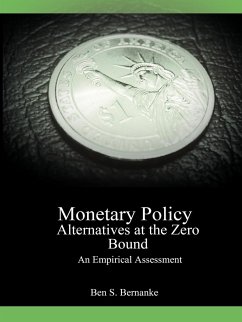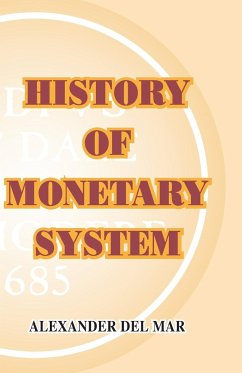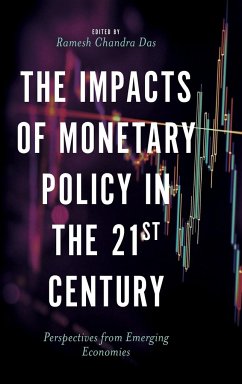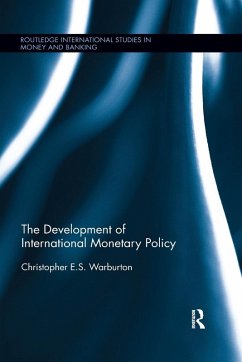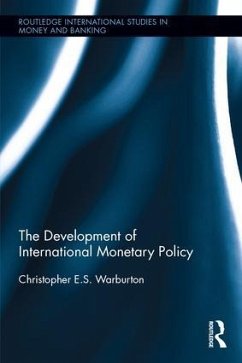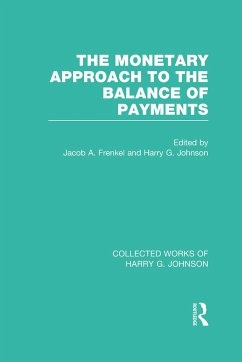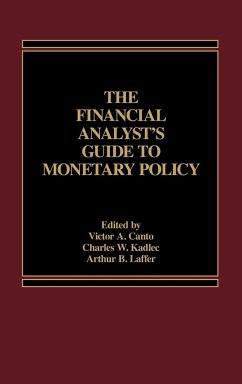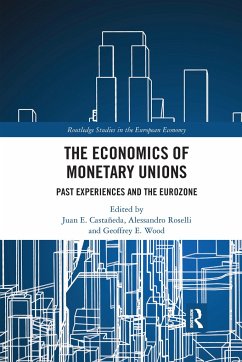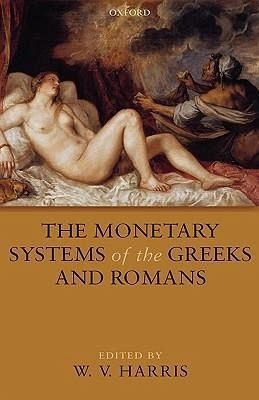
The Monetary Systems of the Greeks and Romans
Versandkostenfrei!
Versandfertig in 1-2 Wochen
190,99 €
inkl. MwSt.

PAYBACK Punkte
95 °P sammeln!
Most people have some idea what Greeks and Romans coins looked like, but few know how complex Greek and Roman monetary systems eventually became. The contributors to this volume are numismatists, ancient historians, and economists intent on investigating how these systems worked and how they both did and did not resemble a modern monetary system. Why did people first start using coins? How did Greeks and Romans make payments, large or small? What does money mean in Greek tragedy? Was the Roman Empire an integrated economic system? This volume can serve as an introduction to such questions, but it also offers the specialist the results of original research.
This collection of new essays presents a set of debates about what money was in antiquity and how it functioned. The focus is mainly on the Greeks, who were not the original inventors of coinage but were responsible for its widespread adoption, and on the Roman Empire, which developed one of the most complex of known pre-modern economies.



